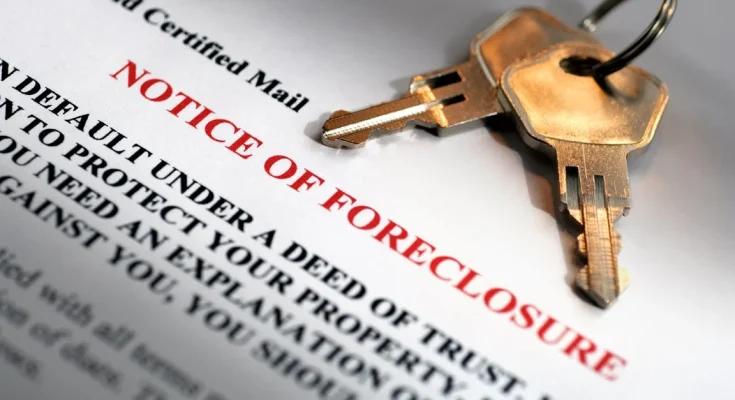Your Home Deserves a Second Chance
Falling behind on mortgage payments can feel like the ground’s shifting under your feet. But here’s the truth — foreclosure doesn’t have to be the end of your story. With the right plan, you can stop the process, protect your credit, and keep your home.
That’s where we come in. Our team specializes in helping homeowners avoid foreclosure with solutions that fit real lives — not just paperwork.
Understanding the Foreclosure Process
Before you can fix it, you need to understand it. Foreclosure typically starts after three or more missed payments. From there, lenders begin a legal process to take ownership of the property. It’s stressful, fast-moving, and full of confusing terms — but knowledge gives you power.
Our experts break down each step and explain your rights so you can make clear, confident decisions.
How We Help You Avoid Foreclosure
Every homeowner’s situation is unique, so we create a strategy built around your specific needs. Some of the most effective options include:
-
Loan Modification – Adjust your loan terms to make payments manageable.
-
Forbearance Plans – Temporarily pause or reduce payments during financial hardship.
-
Short Sale Assistance – Sell your home for less than you owe without damaging your credit as much as a foreclosure would.
-
Deed in Lieu of Foreclosure – Hand over your property voluntarily to minimize long-term financial damage.
-
Legal Guidance – Work with trusted professionals who understand state-specific foreclosure laws.
Each of these paths can stop foreclosure in its tracks — if you act fast.
Why Homeowners Trust Us
-
Experience That Matters: We’ve helped countless homeowners navigate tough financial times.
-
Personalized Plans: No cookie-cutter solutions. Every plan is tailored to your goals.
-
Transparency: We explain every step, every option, and every consequence before you sign anything.
-
Empathy: We treat your situation with respect and urgency. You’re more than a number to us.
Signs You Might Be Headed Toward Foreclosure
Don’t wait for the notice to arrive in your mailbox. Early warning signs include:
-
Struggling to make full or on-time mortgage payments
-
Receiving default or demand letters from your lender
-
Using credit cards or loans to cover mortgage payments
-
Ignoring lender calls or letters due to fear or stress
If any of these sound familiar, reach out today. The earlier you act, the more options you’ll have to protect your home.
Steps to Take Right Now
-
Contact Your Lender – Explain your situation before they escalate the process.
-
Gather Financial Documents – Pay stubs, tax returns, and bank statements help show lenders your intent to catch up.
-
Speak to a Foreclosure Prevention Specialist – A professional can help you understand programs you might not know exist.
-
Stay Calm and Informed – Fear leads to costly mistakes. Knowledge keeps you in control.
Avoiding Foreclosure Isn’t Just About Your Home — It’s About Your Future
A foreclosure can impact your credit score for years, making it harder to rent, buy again, or even get certain jobs. Avoiding foreclosure keeps your financial options open and your peace of mind intact.
Get Help Before It’s Too Late
If you’re behind on payments or worried about losing your home, don’t wait another day. Our foreclosure experts are ready to listen, guide, and help you create a real plan to move forward.
Call us today or schedule a free consultation — because keeping your home starts with taking the first step.
FAQs About Avoiding Foreclosure
1. What’s the fastest way to stop foreclosure?
A loan modification or repayment plan often works quickest, but acting early gives you more choices.
2. Can I still avoid foreclosure if I’ve received a notice of default?
Yes, but timing is critical. The sooner you contact a professional, the better.
3. Will avoiding foreclosure hurt my credit?
Not as much as a completed foreclosure. Options like short sales or forbearance have less impact.
4. Do I need a lawyer to stop foreclosure?
Not always, but legal guidance can be valuable, especially if the process has already begun.
5. What if I can’t afford my mortgage at all?
You may qualify for hardship programs, refinancing, or other loss-mitigation options designed to prevent foreclosure.
6. How long does it take to resolve a foreclosure issue?
It varies, but acting early and working with professionals can speed things up significantly.




